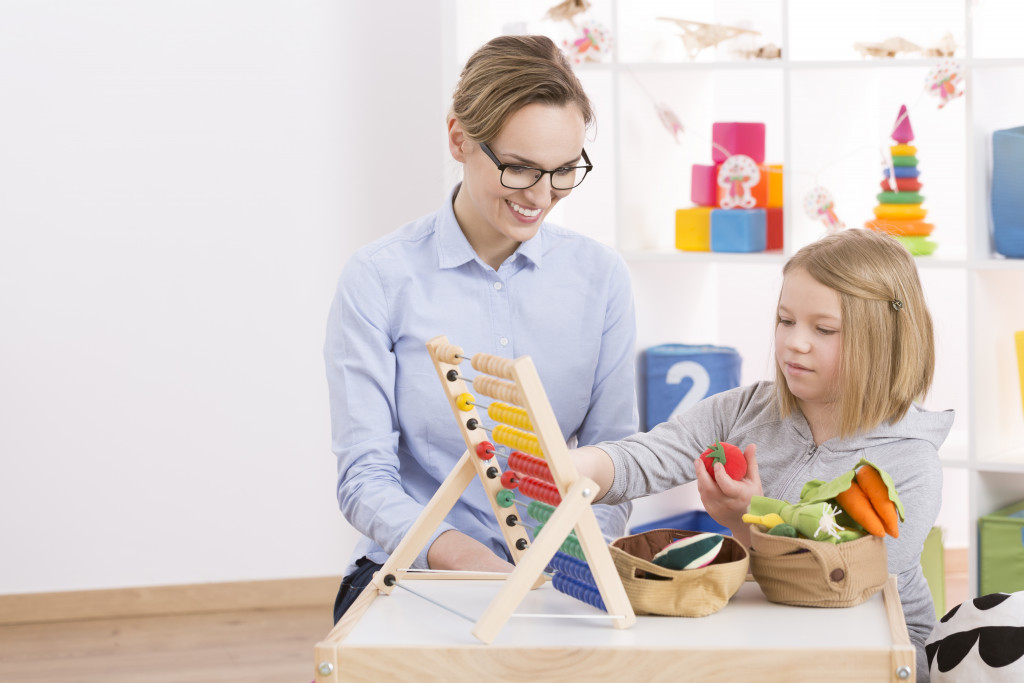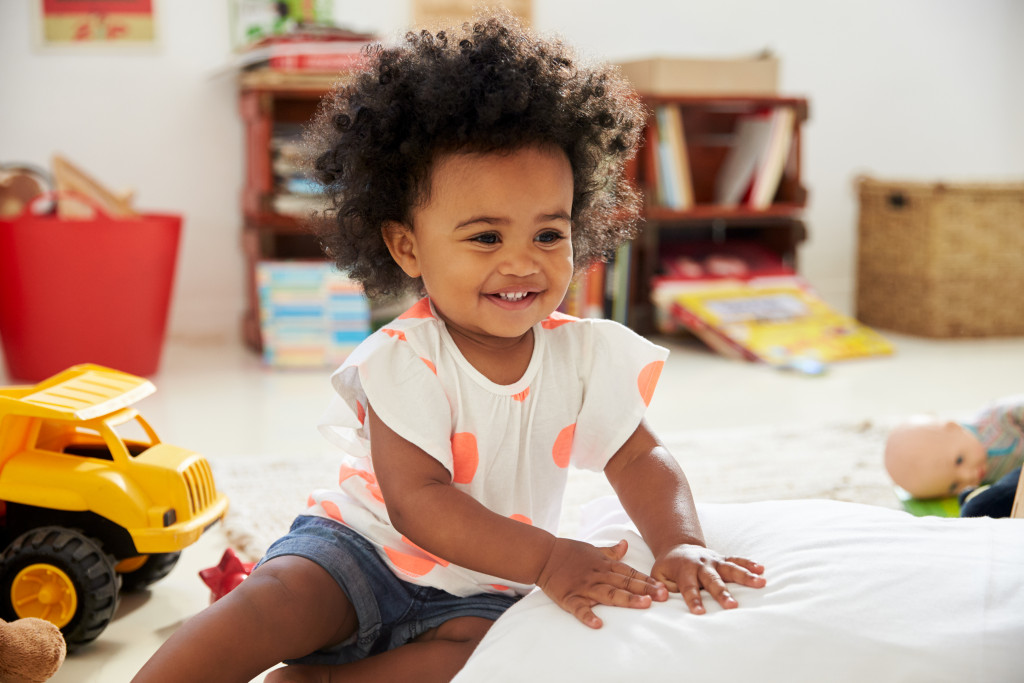The basic definition of mindfulness is to be fully present in a particular situation. It means being utterly aware as you move through a moment, not letting your mind wander into things that don’t matter right now.
It is a simple practice, but that doesn’t mean it is easy. We are so used to having a billion thoughts running through our minds at once that it can be pretty hard to rewire our thinking to take things one step at a time. But with regular practice, you can live your life with less anxiety and stress.
Another great thing about practicing mindfulness: you can teach your kids to do the same. Develop mindful playtime habits in your child to help them grow up well-adjusted and confident.
What Is Mindful Playing, and Why Should You Practice It?
Mindful playing teaches you and your child the importance of being fully present with the help of fun activities. Mindfulness is packaged into a more easily accessible form for both children and parents or guardians to learn together.
Aside from being a great way to bond with your child, it is also an excellent opportunity to help them develop the skill of mindfulness early on. The younger they recognize its importance, the easier it will be to adopt it into their daily routines as they get older.
Some Benefits of Mindful Playing
Mindful playtime is not just good for kids. It is also a healthy practice for you as you raise your child.
1. It helps you raise a calmer child
Kids are impulsive beings. When they think of doing something, they don’t think twice to drop whatever they were doing to try out that other activity. But if they keep this up, your child will have a short attention span that will make it hard for them to see tasks through to their completion.
By teaching them mindfulness while playing, you give them room to consider their actions without feeling like they have to hurry to the next thing. For instance, if your child is playing with toy construction sets, they won’t give up immediately when they get confused because they take the time to think of their current and next moves.
Practicing mindfulness encourages children to stay calm before making a decision, which is a wise habit to instill at a young age.
2. It lets you get to know your child better
When you practice mindfulness while joining your child in their playtime, you notice things about them that you would not have if your mind were only half there. You can pay attention to their mannerisms, inclinations, and personality traits.
You also get to appreciate your child more when you practice mindful playing with them. It lets you notice their little quirks and funny habits and acknowledge them. The playtime could even reveal something you may not have known about your kid before.

3. It teaches you to be patient
Mindful playtime teaches both parent and child to slow down. The usual idea of playing for kids is these bursts of activity where they jump from one activity to another, depending on their mood. On the other hand, when letting kids play under your supervision, adults can also get distracted by their other responsibilities.
Playing mindfully challenges you both to pay attention to whatever is in front of you. Instead of worrying about keeping to a schedule you have set for them or yourself, you sit down and enjoy your time with them.
How to Practice Mindful Play
Here are some ways you can get started in having mindful playtime with your child.
1. Do a scavenger hunt outdoors
The outdoors is a challenge for kids because there is so much they can interact with, but you can direct them towards certain items by having a scavenger hunt. Give them a checklist and have them write down a description of the things they find. This makes them aware of the different qualities of items in your own backyard.
2. Make a meal with your child
Playtime should not be limited to toys. One great thing about cooking with kids is that it lets your children experience a different kind of activity while also allowing you to take care of your next meal. While instructing them around the kitchen, ask them about the tastes, appearances, and smells of the ingredients you are using.
Remember that mindful play can take many forms. Just make sure it is something you can play with your child and guide them through.



